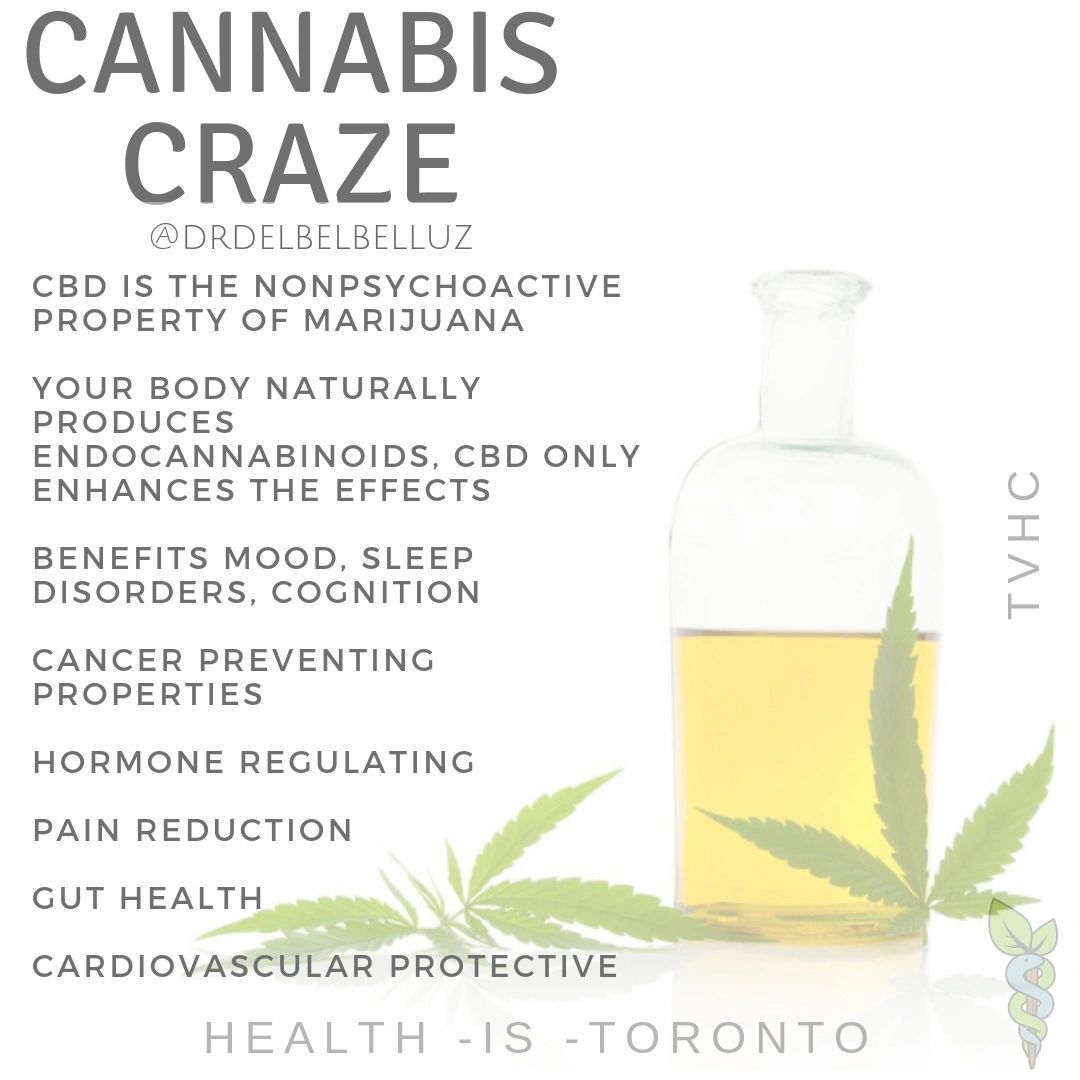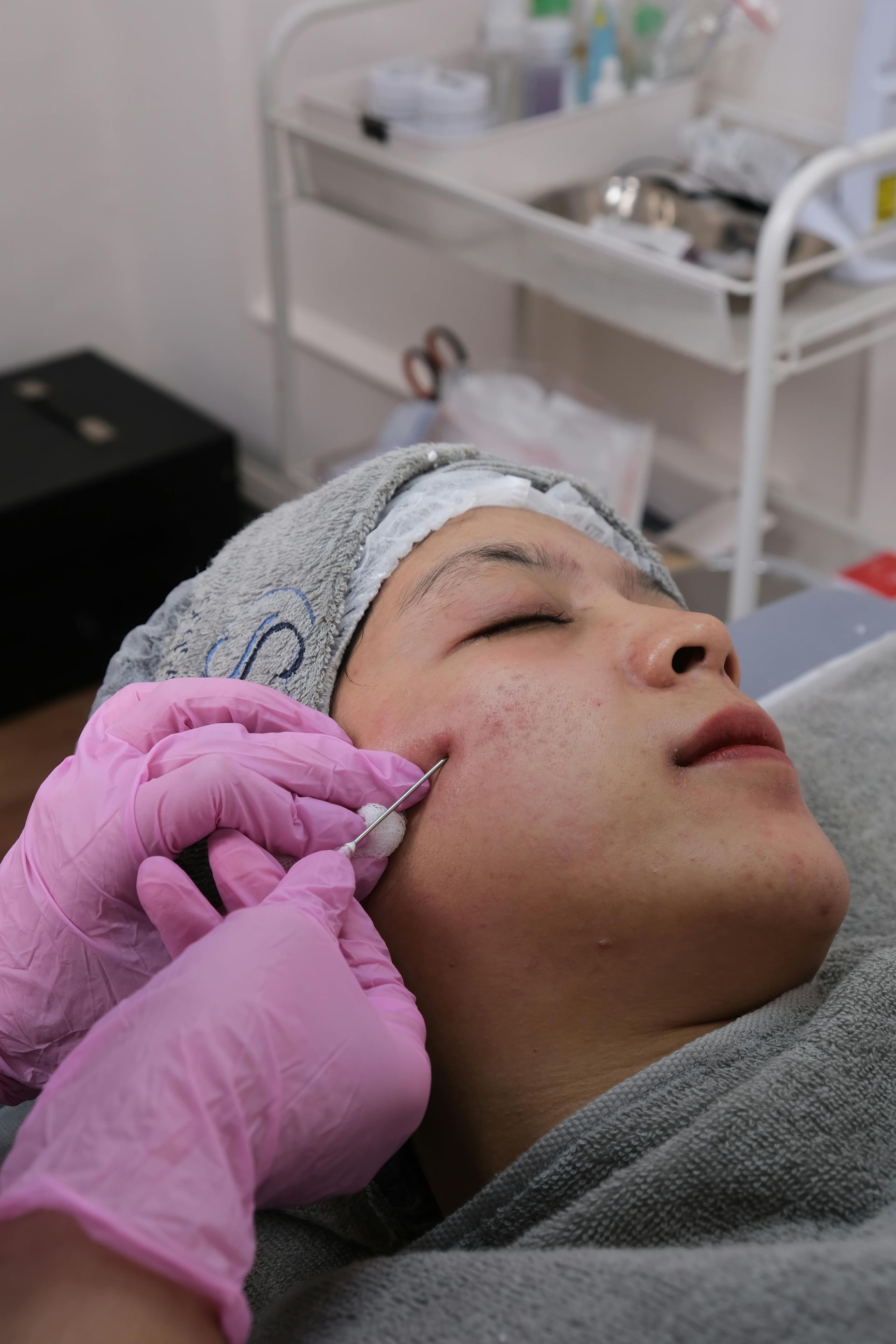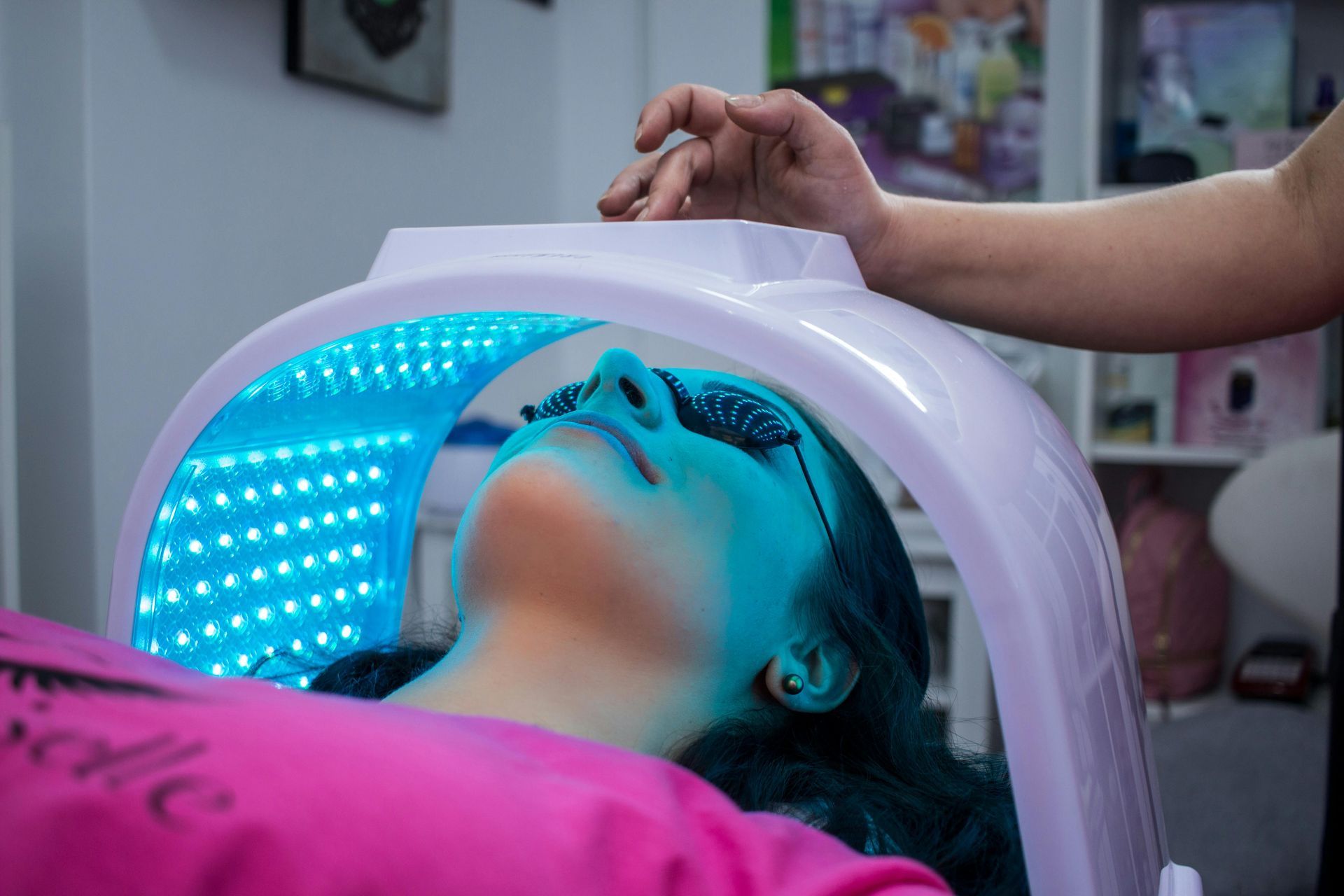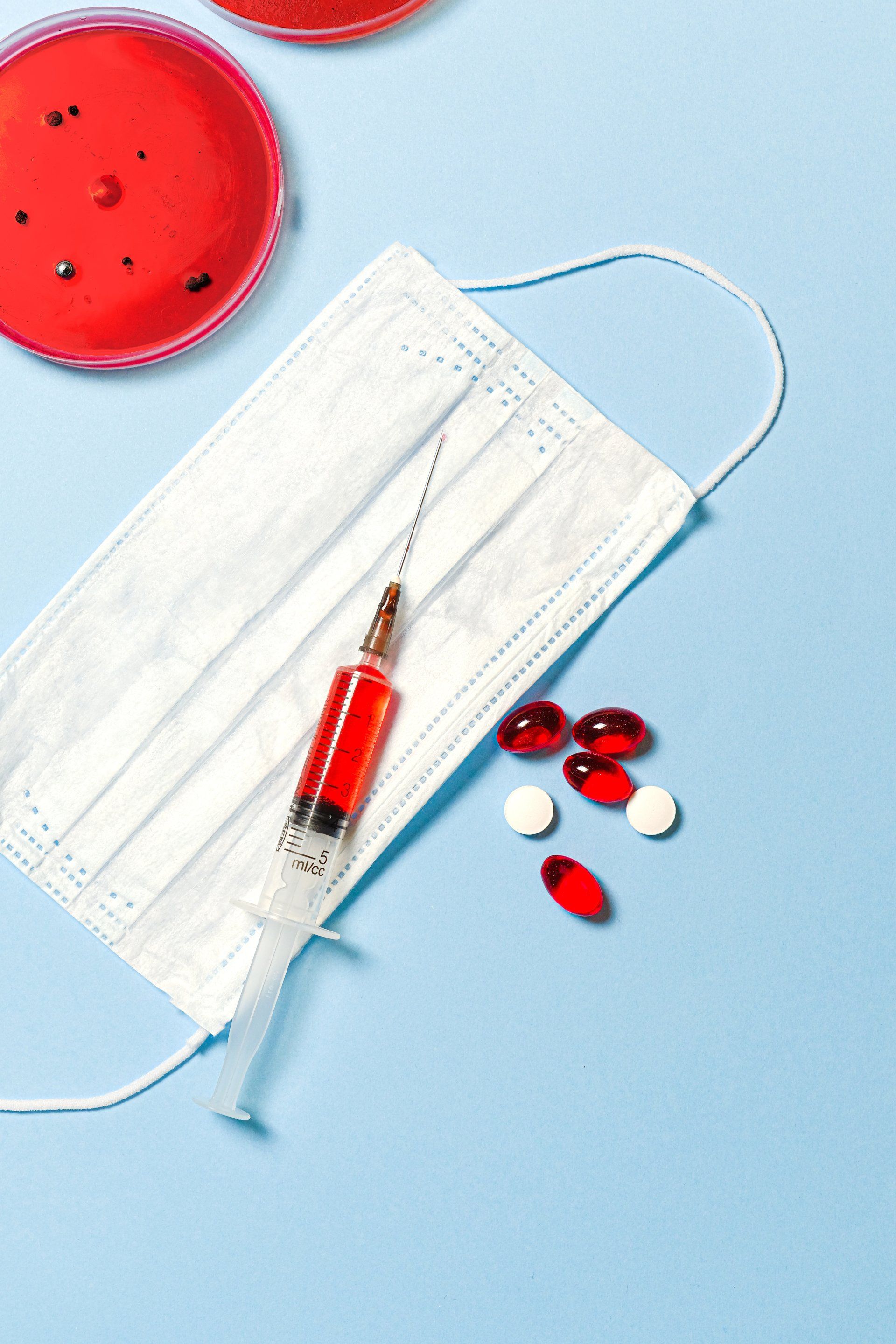
Marijuana has two prominent phytocannabinoid (plant-derived cannabinoids), Cannabidiol (CBD) and delta-9 tetrahydrocannabinol (THC). Of these two, only THC is active and creates a psychoactive effect. The hemp component of cannabis, is natural, legal and will not elicit a psychoactive response
Your body has two prominent endocannabinoids (endo meaning ‘internal’ or within the body), CB1 and CB2, which your body produces naturally throughout the body
When taken, THC binds tightly to both CB1 and CB2 receptors, specifically within the brain (however because some of these receptors are found in both the CNS and PNS, THC having its own health benefits), creating a ‘high’ effect.
When CBD is taken, instead of binding to these receptors and eliciting a response, it instead indirectly stimulates the body to create more of its OWN endocannabinoid (natural lipid chemical in the body acting as neuro-hormones). More specifically it enhances the production of CB1 as well as, when taken, CBD alters the binding structure of CB1, creating less affinity for THC to bind, lessening the psychoactive effects of THC.
The effects of CB1 production, enhances 5-ht1A (subtype of serotonin):
· Helps with pain, sleep, mood disorders; depression and anxiety
· Activation of PPAR-gamma receptors- decreases beta-amyloid plaques seen in alzhemier’s, diabetes, schizophrenia
· Increasing myelin formation, which may contribute to helping with MS, Parkinson’s and other demyelinating diseases
· Modulates mu and delta opioid receptors (enhancing endogenous enkephalins) for pain reduction
· Lowering overall inflammation (meaning your body can work better to repair)
· intestinal inflammation and leaky gut
· skin concerns (acne, psoriasis)
· Cardiovascular benefits including, lowering blood pressure, decreasing insulin resistance, metabolizing fat and carbohydrates better
· Increasing BDNF levels (cognition)
· Increasing bone formation, decreasing blood pressure, decreasing cancer proliferation via antagonizing GPR55 receptor (kinase for these
· Lowering prolactin (which increases dopamine and regulates hormones)
Furthermore, as your body naturally produces its own cannabinoids, research suggests that deficiencies in the body of the endocannabinoid can be linked to diseases such as:
· Fibromyalgia
· Irritable Bowel Syndrome (IBS)
· Migraines
· Multiple Sclerosis (MS)
· Post-Traumatic Stress Disorder (PTSD)
· Neuropathy
· Huntington’s
· Parkinson’s
· Motion Sickness
· Autism











